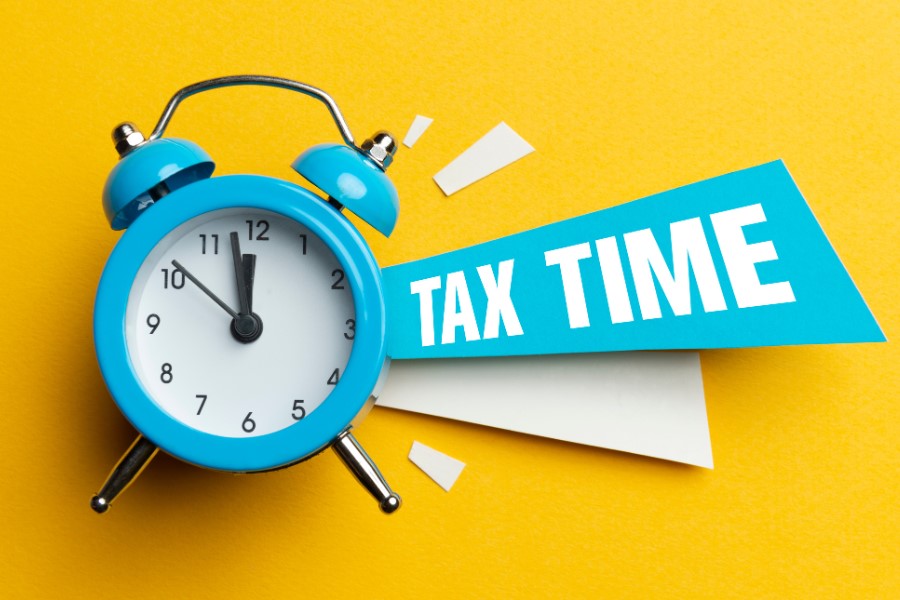

As the date approaches for Americans to pay their tax returns, a new survey offers a fresh look at the kind of pressure advisors’ clients may be feeling right now – and how some of them might be kicking the tax-filing can down the road.
TaxAct's report, which surveyed more than 1,100 participants 18 and older, found some individuals would prefer ordeals like eating old sushi or cleaning the oven over tackling their tax returns.
On average, individuals said they spend about eight hours stressing over tax preparation each year. With that much time spent worrying, just over two-fifths of respondents (43 percent) said they spend at least as much time putting off their tax preparation as they do actually dealing with it.
The struggle with taxes is especially real among younger generations, with Gen Z and millennials leading the procrastination phenomenon. According to the survey, these groups spend 30 percent to 40 percent more time delaying their tax filings compared to older respondents.
For Gen Y, the hesitation often results from reaching new life stages, such as marriage or homeownership, which introduce complexities to their tax situations.
Additionally, the survey revealed that millennials are more likely to have dependents than other generational cohorts (55 percent vs. 33 percent, respectively), further complicating their tax filings. That’s on top of their outsize participation in freelancing or the gig economy, as well as the likelihood that they're carrying student debt.
All in all, 47 percent of tax filers admitted to delaying their returns, with 61 percent taking at least one break before they complete the filing process.

The approval of the pay proposal, which handsomely compensates its CEO and president, bolsters claims that big payouts are a must in the war to retain leadership.

Integrated Partners is adding a husband-wife tandem to its network in Missouri as Kestra onboards a father-son advisor duo from UBS.

Futures indicate stocks will build on Tuesday's rally.

Cost of living still tops concerns about negative impacts on personal finances

Financial advisors remain vital allies even as DIY investing grows
RIAs face rising regulatory pressure in 2025. Forward-looking firms are responding with embedded technology, not more paperwork.
As inheritances are set to reshape client portfolios and next-gen heirs demand digital-first experiences, firms are retooling their wealth tech stacks and succession models in real time.
